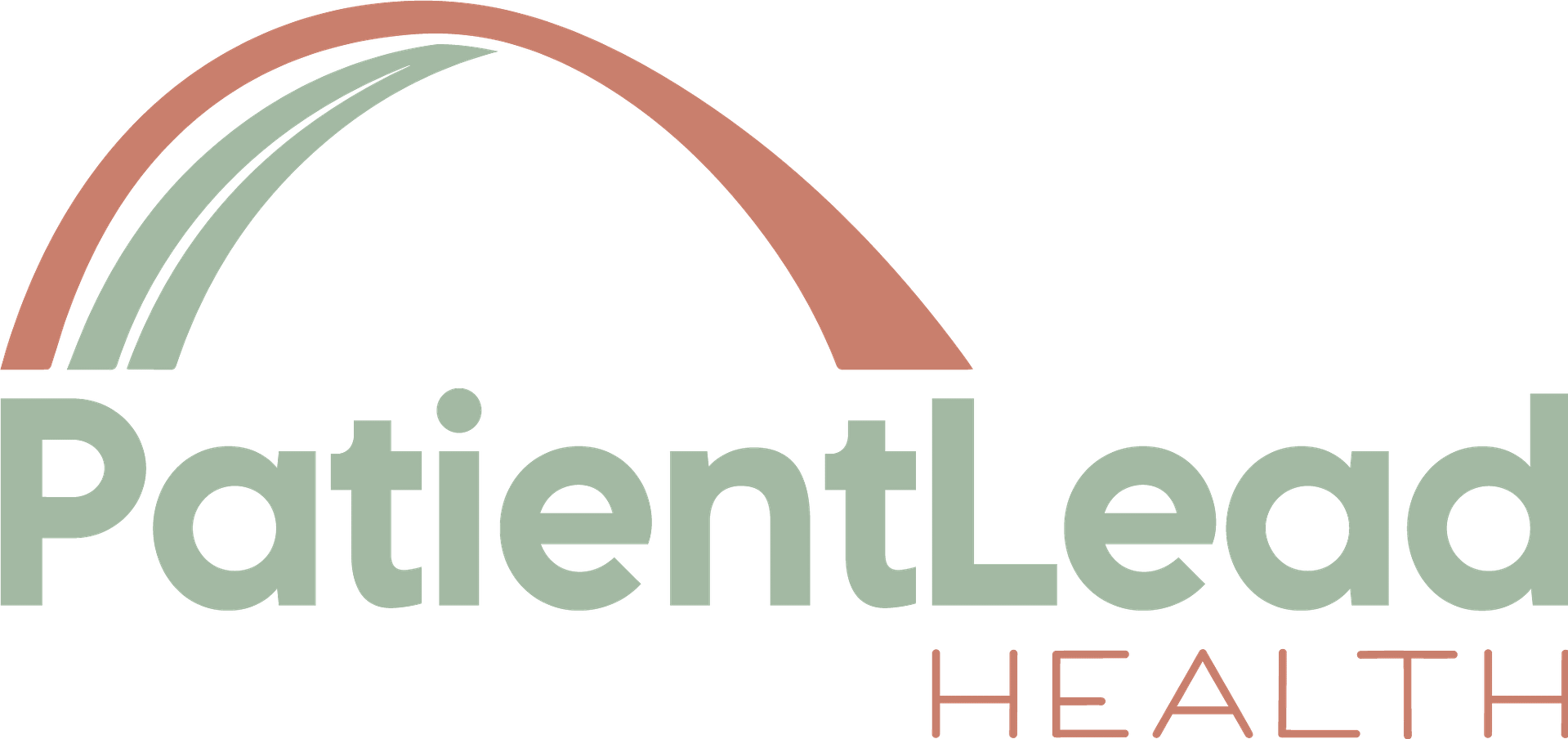5 Tools to Organize Your Health Information

These simple organizational systems help you track your health journey and communicate effectively with your care team.
1. The Master Medical Binder
What it includes: Insurance cards, medication lists, test results, specialist reports, and emergency contacts. Pro tip: Use divider tabs by year or by provider type. Keep it updated and bring it to every appointment.
2. A Digital Symptom Tracking App
Why it works: Patterns emerge over time that you might miss day-to-day. Many apps let you track mood, sleep, pain levels, and triggers. Best practices: Choose one app and stick with it. Consistency matters more than perfection.
3. The “Questions for My Doctor” Note
Keep it simple: Use your phone’s notes app or a small notebook dedicated to medical questions as they occur to you. The benefit: No more leaving appointments thinking “I wish I’d asked about…”
4. A Medication Management System
For current meds: Pill organizers with alarms help prevent missed doses. For medication history: Keep a running list of everything you’ve tried, including dosages and your response.
5. The Provider Contact Sheet
Essential information: Names, phone numbers, portal access, and what each provider is responsible for in your care. Why it matters: In urgent situations, you’ll know exactly who to contact without hunting through paperwork.
Start Simple: Pick one tool that addresses your biggest organizational challenge. You can always add more systems later.
Digital vs. Physical: Choose what you’ll actually use. The best system is the one you’ll maintain consistently.
